Premium Only Content
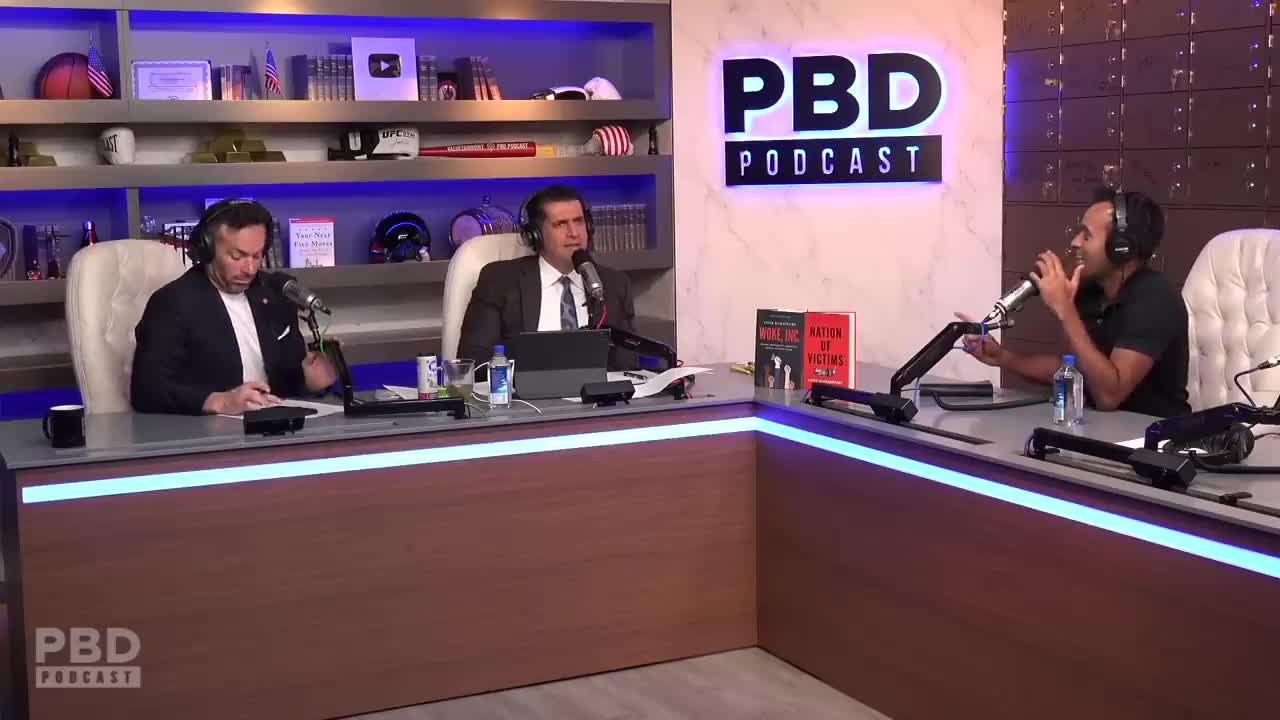
The Perils of the World Economic Forum: Examining the Risks and Dangers
The Perils of the World Economic Forum: Examining the Risks and Dangers.
The World Economic Forum (WEF) is a Swiss non-profit organization that holds an annual meeting in Davos, Switzerland to discuss and address pressing global issues. Founded in 1971, the WEF has become one of the most influential and powerful organizations in the world, bringing together top leaders from the fields of politics, business, academia, and civil society.
However, the WEF has come under scrutiny in recent years for its perceived elitism and lack of transparency. Critics argue that the WEF represents the interests of the world's elite, rather than working towards the betterment of society as a whole. Furthermore, the WEF's closed-door meetings and secretive nature have led to accusations of lack of accountability and transparency.
Additionally, the WEF's focus on global economic growth has been criticized for contributing to environmental degradation, income inequality, and other social and economic issues. The WEF's emphasis on free trade and deregulation has led to the erosion of labor standards, environmental protections, and other regulations that are essential for ensuring a fair and just society.
Furthermore, the WEF has been criticized for its role in promoting globalization, which has led to a loss of jobs and economic opportunities for workers in developed countries, while contributing to the exploitation of workers in developing countries.
In conclusion, while the WEF has played an important role in shaping the global economic agenda, it is important to recognize its limitations and the potential dangers of its policies. It is necessary to have an open, transparent and inclusive dialogue on the issues it addresses, as well as a critical examination of the organization's role and influence in the world.
-
 1:30
1:30
V.G PARALLEL SOCIETY
7 months ago3 Guys one stroller but the woman save the day
105 -
 LIVE
LIVE
Twins Pod
37 minutes agoHe Left The RAP Industry To Make Christian Music! | Twins Pod - Episode 48 - Bryson Gray
1,079 watching -
 1:30:05
1:30:05
The Quartering
2 hours agoSupreme Court RULES On TikTok Ban, Kamala Harris At Rock Bottom & Brawls Break Out At Costco!
22K6 -
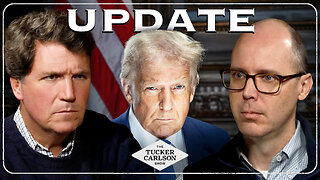 1:36:11
1:36:11
Tucker Carlson
2 hours agoSean Davis: Trump Shooting Update, & the Real Reason Congress Refuses to Investigate
83.5K56 -
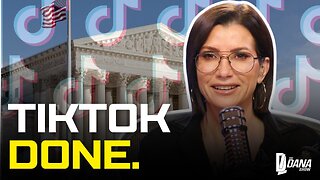 2:55:32
2:55:32
The Dana Show with Dana Loesch
3 hours agoTHE END OF TIKTOK | The Dana Show LIVE On Rumble!
2.39K3 -
 1:22:57
1:22:57
The Criminal Connection Podcast
3 hours agoPADDY DOHERTY: Dougie Joyce RESPONSE! Bare Knuckle Fighting, Sausage Fests & Assassination Attempts
8 -
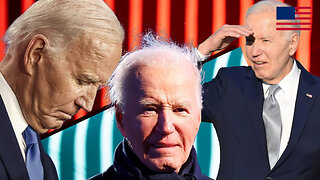 1:57:23
1:57:23
The Charlie Kirk Show
3 hours agoConfirmation Mania: Day 4 + AMA | Comer | 1.17.2025
115K42 -
 LIVE
LIVE
SIEFE
3 hours agoRED DEAD REDEMPTION 2 LIVE!
113 watching -
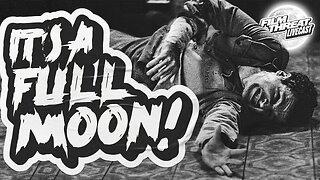 2:08:26
2:08:26
Film Threat
16 hours agoWOLF MAN + PETER PAN'S NEVERLAND NIGHTMARE + MORE GORE! | Film Threat Livecast
19.9K -
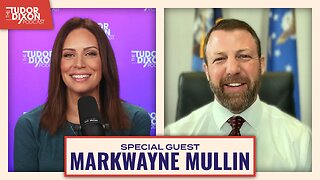 34:28
34:28
Tudor Dixon
5 hours agoHypocrisy and Accountability in Politics with Sen. Markwayne Mullin | The Tudor Dixon Podcast
32.5K4